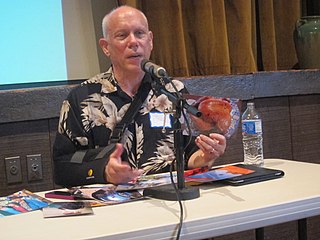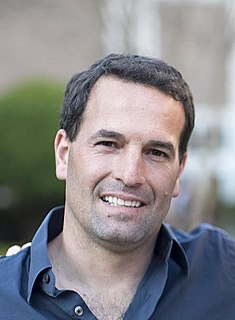A Quote by Reed Hastings
Think of Internet on the TV like the Web browser. The amount of time you spend on the PC in the browser is just going to grow continuously.
Related Quotes
Once you understand that everybody's going to get connected, a lot of things follow from that. If everybody gets the Internet, they end up with a browser, so they look at web pages - but they can also leave comments, create web pages. They can even host their own server! So not only is everybody consuming, they can also produce.
What I saw quite clearly in the '80s, before the internet, was that the whole world was shifting toward digital formats, and that didn't matter whether it's movies or writing or whatever. It was something that was coming. And with the invention of the World Wide Web in the early '90s, when we were teaching our first courses, or the arrival of the internet by way of the browser, which opened up the internet to everybody - soon it was just revolutionary.
































